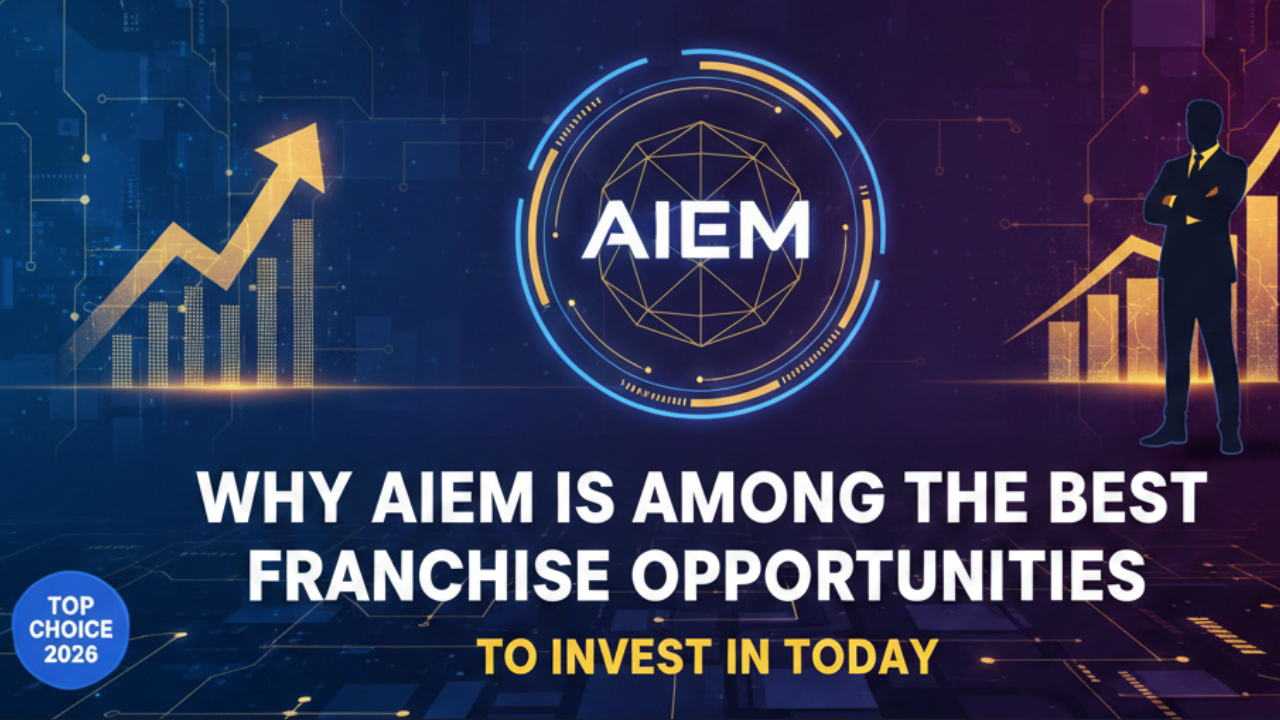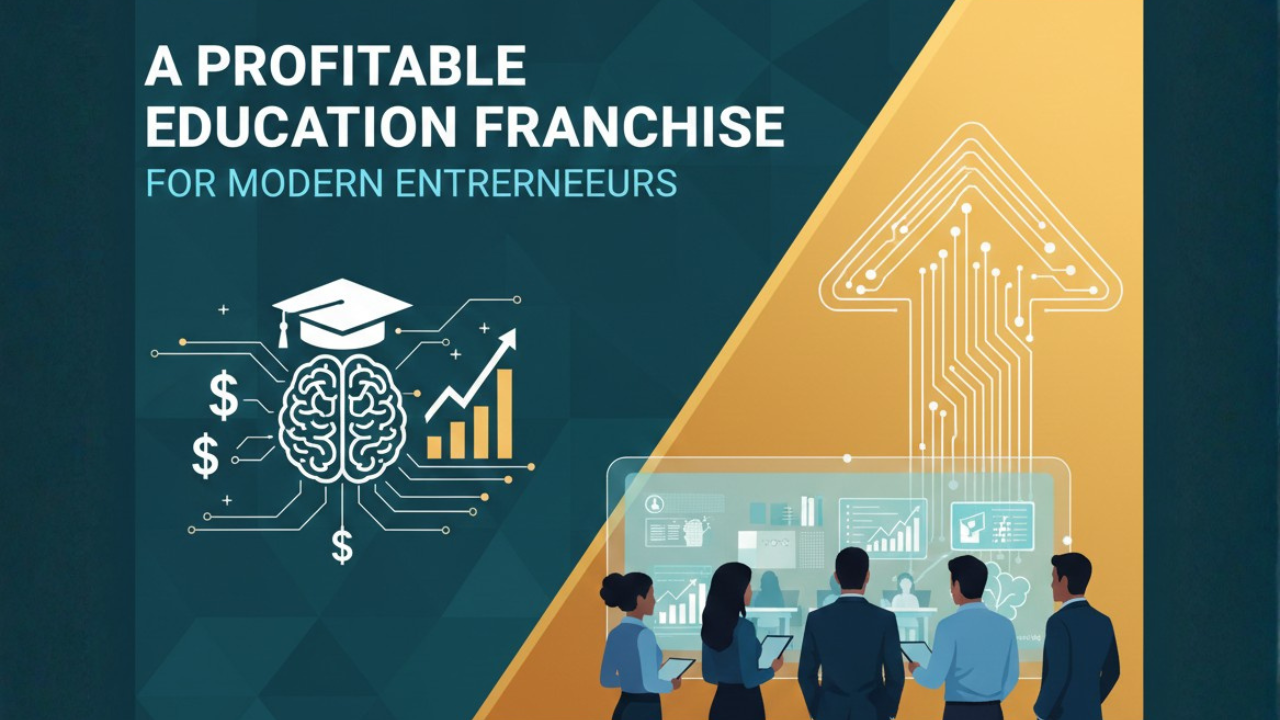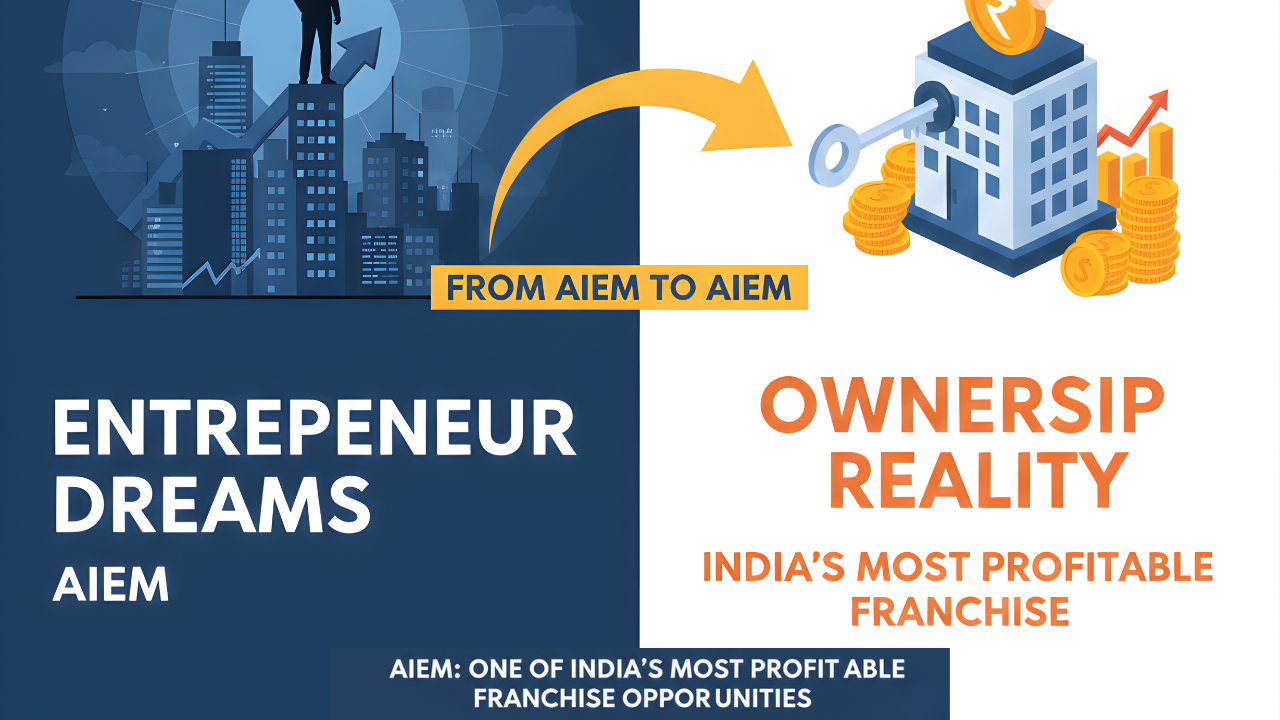
The Evolution of Event Management: From Traditional to Modern Approaches
July 3, 2024
Remember your first school event? The excitement, the chaos, the last-minute panic?
Now imagine planning a global product launch or a star-studded award show. Event management has come a long way from those humble beginnings.
Today's event planners juggle everything from celebrity appearances to virtual environments—but the industry wasn't always so complex.
Early event coordination centered logistics over experiences.
Let's look at how the industry has changed from paper checklists to custom-crafted occasions.
Traditional Approaches
In the beginning, coordination centered logistics over personalization. Common features included:
- In-Person Teamwork: Planners collaborated via frequent in-person meetings and phone calls. High touch built strong relationships despite inefficiencies.
- Paper-Based Systems: Physical binders neatly organized hard copies of all event details. Yet this made rapid changes and version control tricky.
- Minimal Tech Tools: Basic spreadsheets and scheduling software increased productivity slightly. However, much work remained manual.
- Local Vendors: Nearby venues and suppliers eased logistics while limiting variety. Geographic proximity had trade-offs.
- One-Size Model: Most events followed standard templates with minimal customization. Little differentiation existed across diverse events.
- On-Site Troubleshooting: Issues got solved spontaneously in real-time during events. Planners depended on quick wits to handle unexpected scenarios.
These practices provided an essential boots-on-the-ground foundation for the field to grow. Relationships powered progress.
The Shift to Modern Event Management
Digital transformation has redefined coordination, expanding possibilities exponentially. Today’s innovations include:
- Streamlined Communication: Project management platforms, video conferencing and instant messaging tools enable seamless collaboration across locations and time zones.
- Cloud-Based Planning: Centralized event software integrates details from budgets to seating charts for real-time sharing and rapid updates. Changes sync instantly organization-wide.
- Data-Driven Decisions: Powerful analytics provide attendee engagement insights, ROI metrics and more to guide strategy. You’re informing future choices with concrete evidence.
- Global Reach: Virtual and hybrid events remove geographic barriers, allowing customized online participation. Borderless audiences gather.
- Personalized Experiences: Advanced registration systems and AI allow mass customization. You’re tailoring unique encounters for each individual at scale.
- Proactive Risk Planning: Contingency features help model scenarios and monitor emerging issues in real time. You identify and negate problems early.
The focus has shifted from purely logistical to experiential, powered by technology. Event planners now strategically craft personalized engagements.
Emerging Trends Shaping the Future of Event Management
The event industry continues advancing rapidly. Stay ahead of the curve by watching these trends:
- Smarter Assistants: AI chatbots handle attendee queries as machine learning optimizes schedules and personalizes suggestions. Automation augments human coordination.
- Immersive Realities: Augmented and virtual reality technologies transform passive events into interactive environments—from virtual trade show booths to imaginative product demonstrations.
- Sustainable Strategies: Eco-conscious practices are becoming non-negotiable. Evaluating carbon footprints, waste minimization, and green sourcing choices drives accountability.
- Blockchain Security: Blockchain technology promises to reduce ticket fraud, ease check-in, and enhance event security through encryption. Attendees benefit directly.
- Hyperconnectivity: 5G and internet of things (IoT) devices will enable faster experiences, real-time behavioral insights and smarter venues. Seamless data flows tie events together.
- Experiential Engagement: As marketing tools, events must create immersive branded environments that resonate before and after. The experiences themselves drive business success.
Keeping pace with these advances future-proofs event relevancy.
Final Thoughts
Today’s event industry fuses creativity and technology, demanding a diverse skillset. The professionals who thrive boast both logistical prowess and digital mastery.
Programs like that at the Asian Institute of Event Management (AIEM) provide robust foundations rooted in industry insights and hands-on training.
With technology expanding possibilities exponentially, the ceiling disappears. It’s an exciting frontier. The question is—are you ready to lead the way? Get in touch with us to learn more about our event management courses.
RECENT POSTS
-

Low Budget Franchise Opportunity with High Profit in India
February 16, 2026
-

India’s Most Profitable Franchise Opportunity for Smart Investors
February 16, 2026
-

AIEM Education Franchise Investment: Low Risk, High Potential
February 7, 2026
-

A Profitable Education Franchise for Modern Entrepreneurs
February 7, 2026
-

From Entrepreneur Dreams to Ownership Reality – AIEM as One of India’s Most Profitable Franchise Opportunities
January 24, 2026